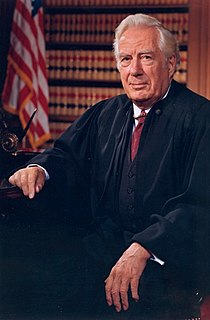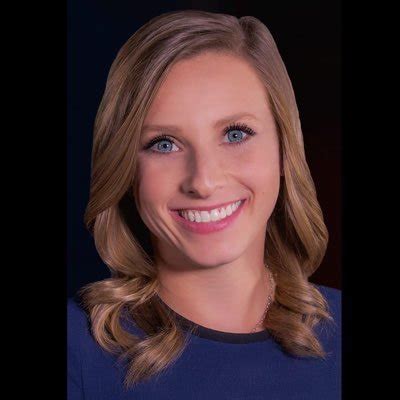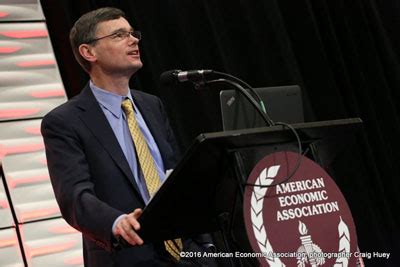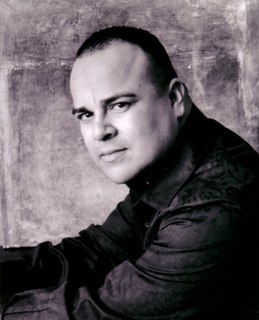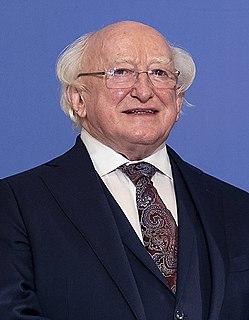A Quote by Pete Hamill
In the newspaper business, I was in the last generation before the arrival of the personnel manager. You were hired by editors - and editors who would take a chance on what they perceived to be talent and not hire a resume.
Related Quotes
That's absolutely true, but one problem with the digital revolution, which may tie into what I said earlier, is that there can be a collapse of quality. You may not have liked the decisions made by publishers in the past, you may not have liked the decisions made by magazine editors or newspaper editors in the past. At least there was some quality control

